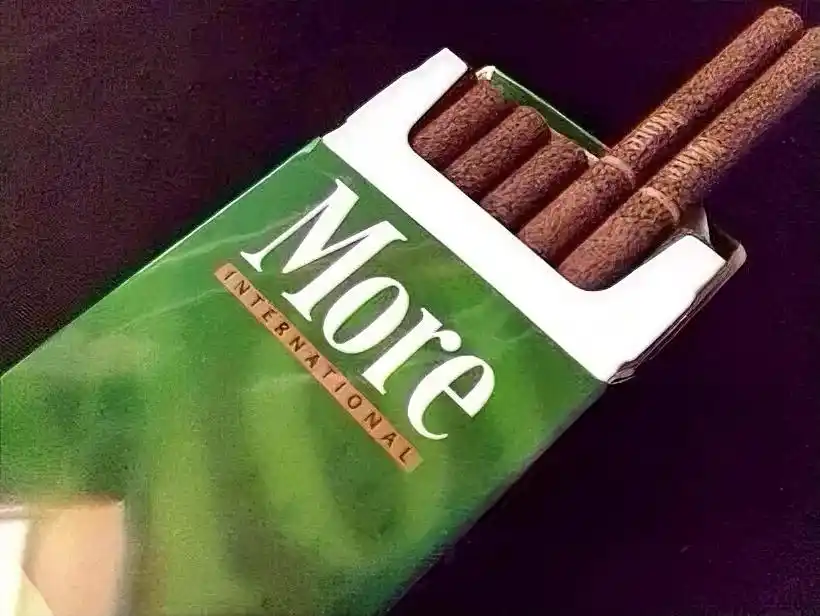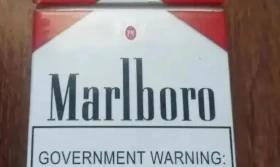Title: Navigating Cravings: A Guide to Staying Strong on Romantic Dates After Quitting
Introduction
Romantic dates are a cornerstone of human connection, often filled with shared meals, intimate conversations, and moments of vulnerability. For someone who has recently quit a habit—be it smoking, drinking, or unhealthy eating—these outings can transform from a source of joy into a minefield of triggers. The combination of heightened emotions, social settings, and often the presence of the substance itself can make cravings feel overwhelming. However, navigating this challenge is not only possible but can also become a profound opportunity to strengthen your resolve and deepen your relationship. This article explores practical strategies to handle cravings during romantic dates after quitting, ensuring you stay committed to your wellness journey without sacrificing your social life.
Understanding the Triggers
Before diving into strategies, it’s crucial to understand why cravings intensify during dates. Romantic encounters stimulate the brain’s reward system, releasing dopamine, the "feel-good" neurotransmitter. This is the same chemical pathway activated by substances like nicotine, alcohol, or sugar. When you quit, your brain seeks alternative sources of that dopamine rush, and a date—with its excitement and emotional highs—can inadvertently become a substitute trigger. Additionally, if your previous dates involved sharing a bottle of wine or a post-dinner cigarette, the environmental cues become powerfully associated with the habit.

Pre-Date Preparation: Your First Line of Defense
-
Choose the Setting Wisely: You have more control than you think. When planning the date, suggest venues that are less likely to trigger cravings. Instead of a bar or a smoky lounge, opt for a daytime activity like a hike, a visit to an art gallery, or a coffee shop known for its excellent herbal teas and pastries. If it’s a dinner date, research restaurants that don’t have a strong bar culture or that offer extensive non-alcoholic cocktail menus.
-
Communicate with Your Partner: Honesty is the bedrock of any strong relationship. If you feel comfortable, have a candid conversation with your date about your journey. You don’t need to divulge every detail, but a simple, "I’ve actually quit [substance], so I might skip the wine tonight," sets a clear boundary. A supportive partner will respect your decision and might even help you stay accountable. Their encouragement can be a powerful motivator.
-
Mental Rehearsal: Visualize the date going successfully. Imagine yourself declining a drink or dessert gracefully, feeling the craving arise and then pass, and ultimately enjoying the conversation and connection. This technique, often used by athletes and performers, prepares your neural pathways to handle the real situation with more calm and control.
-
Arm Yourself with Alternatives: Come prepared. If you’ve quit smoking, bring nicotine gum or a stress ball. If you’ve quit alcohol, decide on your non-alcoholic drink of choice beforehand—a sparkling water with lime, a fancy mocktail, or a kombucha. Having a plan eliminates the moment of hesitation when the waiter asks for your order.
In-the-Moment Strategies: Riding the Wave
-
The Delay Technique: A craving is like a wave—it builds, peaks, and then subsides. It typically only lasts for 5-15 minutes. When you feel one coming on, tell yourself, "I will wait 10 minutes." Use this time to engage deeply with your date. Ask a thoughtful question, truly listen to their answer, or excuse yourself to use the restroom. By the time you check back in, the intensity of the craving has often diminished significantly.
-
Mindfulness and Grounding: Instead of fighting the craving, acknowledge it without judgment. Silently note, "This is a craving. It feels uncomfortable, but it is temporary." Then, ground yourself in the present moment using your senses (the 5-4-3-2-1 method):
- 5: Identify five things you can see (your date’s eyes, the candle on the table, the color of the walls).
- 4: Four things you can feel (the texture of your napkin, the cool glass of water, your feet on the floor).
- 3: Three things you can hear (the background music, your partner's voice, the clinking of cutlery).
- 2: Two things you can smell (the aroma of food, your perfume/cologne).
- 1: One thing you can taste (a sip of your drink). This practice shifts your focus from the internal discomfort to the external reality of your date.
-
Reframe the Narrative: Change your self-talk from "I can't have that" to "I don't have that." This simple linguistic shift moves you from a place of deprivation to one of empowerment and identity. You are someone who chooses health. Furthermore, focus on what you are gaining: clearer conversations, better memory of the evening, genuine connection without a chemical filter, and waking up the next morning without regret.
-
Use Your Support System: If a craving feels particularly strong, it’s okay to briefly excuse yourself. Send a quick text to a friend from your support group or read an encouraging message you stored on your phone for such moments. Knowing you have a network cheering you on can provide a instant boost of strength.
Post-Date Reflection: Solidifying Your Success
-
Acknowledge Your Victory: Whether the date was smooth or you had a tough moment you overcame, acknowledge your success. You navigated a challenging situation without relapsing. Treat yourself to something rewarding that aligns with your new habits—a good book, a relaxing bath, or your favorite podcast.
-
Analyze and Learn: Reflect on what worked and what didn’t. Was the venue okay? Was the conversation enough of a distraction? Use this insight to better prepare for the next social event. Each date is a learning experience that makes you stronger and more resilient.
-
Strengthen the Bond: Sharing a challenge and overcoming it can bring you and your partner closer. Discussing how you supported each other reinforces the relationship and builds a foundation of teamwork, which is invaluable for long-term happiness.
Conclusion
Quitting a habit is a courageous act of self-love, and romantic dates should be an extension of that—an opportunity to give and receive love in a healthy, present, and authentic way. By preparing ahead, employing mindful strategies in the moment, and reflecting afterward, you can transform potential triggers into triumphs. Your journey of quitting is not a limitation on your life; it is the very thing that allows you to fully experience and enjoy it, one sober, clear-minded, and beautiful date at a time.
Tags: #AddictionRecovery #HealthyDating #Sobriety #Mindfulness #CravingsManagement #QuittingSmoking #QuittingDrinking #SelfImprovement #RelationshipGoals #WellnessJourney








